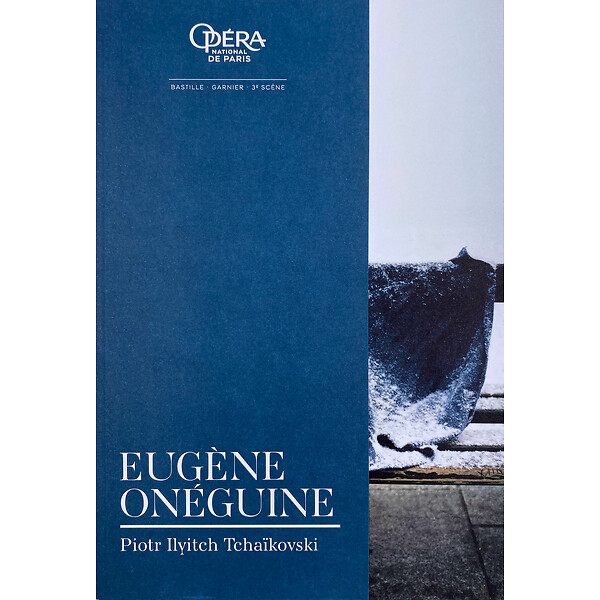EUGENE ONEGUINE / PROGRAMME / Bastille / Mai 2017
J00124679
Sold by Opéra National de Paris
Description
To sing as one would speak... Isn't this the ideal of many opera composers? In any case, this is one of the impressions left by Eugene Onegin, where the song seems to flow from the words, in a narrative that is only light and fluid. Because of its hushed intimacy, Tchaikovsky called Eugene Onegin "lyrical scenes" rather than opera; moreover, it was at the Moscow Conservatory and not in a traditional theater that the work saw the light of day, with young singers who knew how to render the truth, freshness and spontaneity of the characters. Pushkin could not have dreamed of a finer psychological penetration of his heroes than that of Tchaikovsky. A constructional prodigy with its interweaving of themes that smile at each other, respond to each other and generate that immediate tension of which the musician has the secret, Eugene Onegin is of a burning and restrained beauty, the black sun of Russian opera.Product information
- Publication Year
- 2017
- Technical specification
Directed by Willy Decker
Choreography Athol Farmer
Sets and costumes Wolfgang Gussmann
Lighting Hans Toelstede

